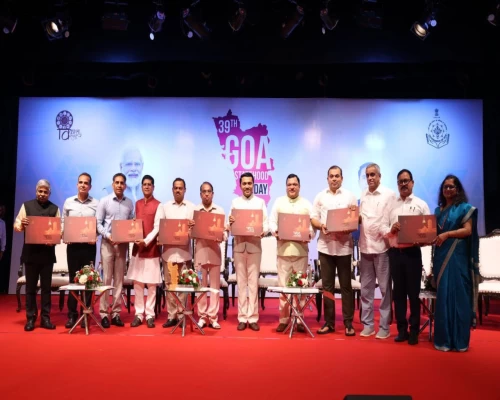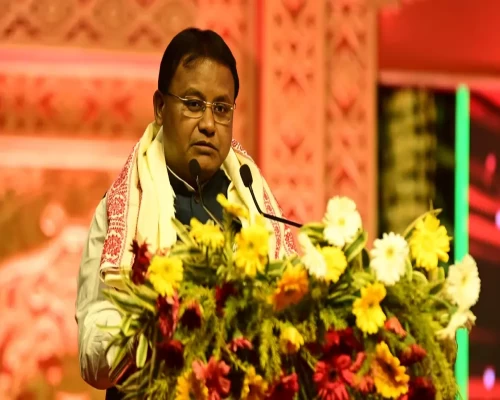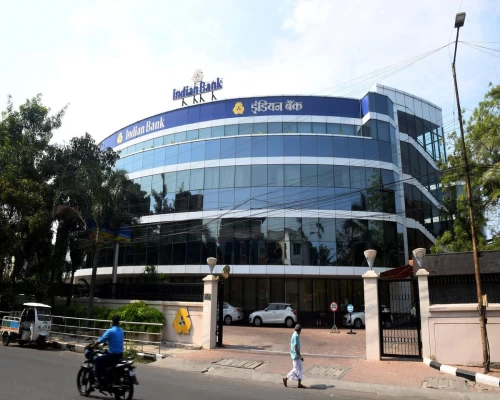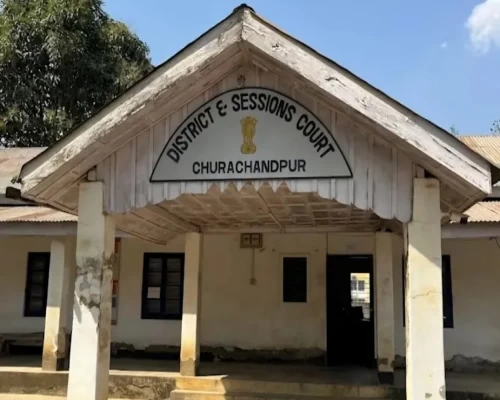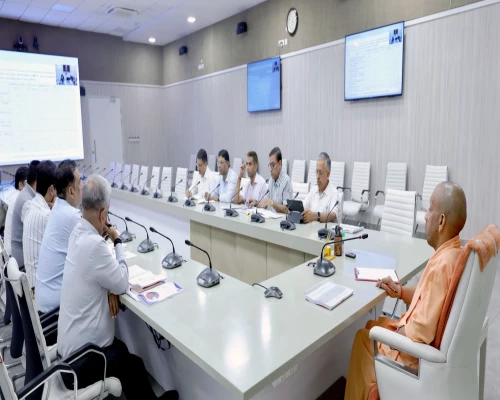
New Delhi: Andhra Pradesh, Gujarat, Haryana, Karnataka, Punjab, Tamil Nadu and Telangana are the top achievers based on the implementation of Business Reforms Action Plan (BRAP). Himachal Pradesh, Madhya Pradesh, Maharashtra, Odisha, Uttarakhand and Uttar Pradesh figure under the achievers category. While Assam, Chhattisgarh, Goa, Jharkhand, Kerala, Rajasthan and West Bengal have been placed in the aspirer category, Andaman & Nicobar, Bihar, Chandigarh, Daman & Diu, Dadra & Nagar Haveli, Delhi, Jammu & Kashmir, Manipur, Meghalaya, Nagaland, Puducherry and Tripura have been clubbed under the Emerging Business Ecosystems category.
Nirmala Sitharaman, Union Minister of Finance and Corporate Affairs, announced the assessment of States/UTs under Business Reforms Action Plan (BRAP) 2020, the 5th edition of the BRAP exercise in New Delhi on Thursday. The announcements were made in the august presence of Piyush Goyal, Minister of Commerce & Industry, Consumer Affairs, Food & Public Distribution and Textiles, Anurag Jain, Secretary, DPIIT and senior government officials of State and UT Administration.
“The reforms now taking place are responsive reforms. Unlike the reforms of 1991, which were given to us for implementation, there is no compulsion now. The objective is to see what will bring out improvement in systems and ensure better lives for us. An element of nudge has been brought into every layer of the government. Nudging cannot be by the government only and the industry has a big role to play there.” said Sitharaman.
Goyal said that the assessment has evolved from evidence-based to 100 per cent feedback in multilingual format. He said that the purpose of this BRAP exercise is to infuse a culture of learning from each other’s best practices and improve upon the business climate in each State/UT with a unified objective for India to emerge as a most favoured Investment Destination across the globe
The BRAP 2020 includes 301 reform points covering 15 business regulatory areas such as Access to Information, Single Window System, Labour, Environment, Land Administration and Transfer of Land and Property, Utility Permits and others. 118 new reforms were included to further augment the reform process. Sectoral reforms with 72 action points spread across 9 sectors namely Trade License, Healthcare, Legal Metrology, Cinema Halls, Hospitality, Fire NOC, Telecom, Movie Shooting and Tourism were introduced for the first time to expand the scope of the reform agenda.
The broader aim is to boost investor confidence, foster business friendly climate and augment Ease of Doing Business across the country by introducing an element of healthy competition through a system of assessing states based on their performance in the implementation of Business Reforms Action Plan. In a departure from the previous years, where States/UTs were ranked, this year they have been placed under the four categories viz. Top Achievers, Achievers, Aspirers and Emerging Business Ecosystems. The objective of assessing the States/UTs is not to create a hierarchy amongst States/UTs but to rather create an enabling framework wherein learnings can be shared amongst States/UTs which in turn will lead to a nationwide spill over of good practices. /BI/




